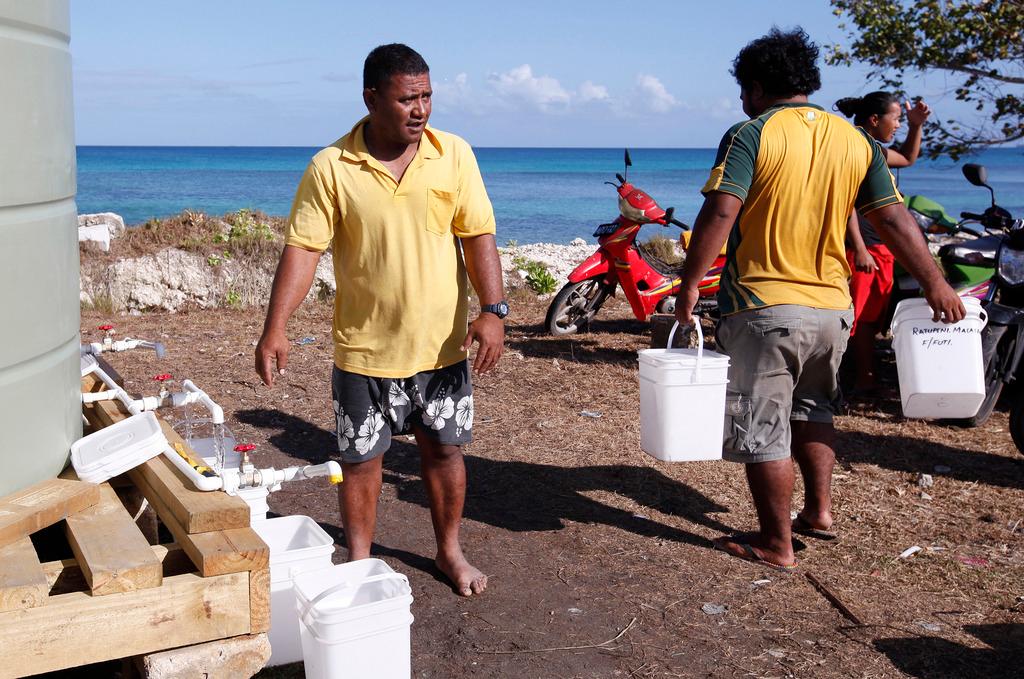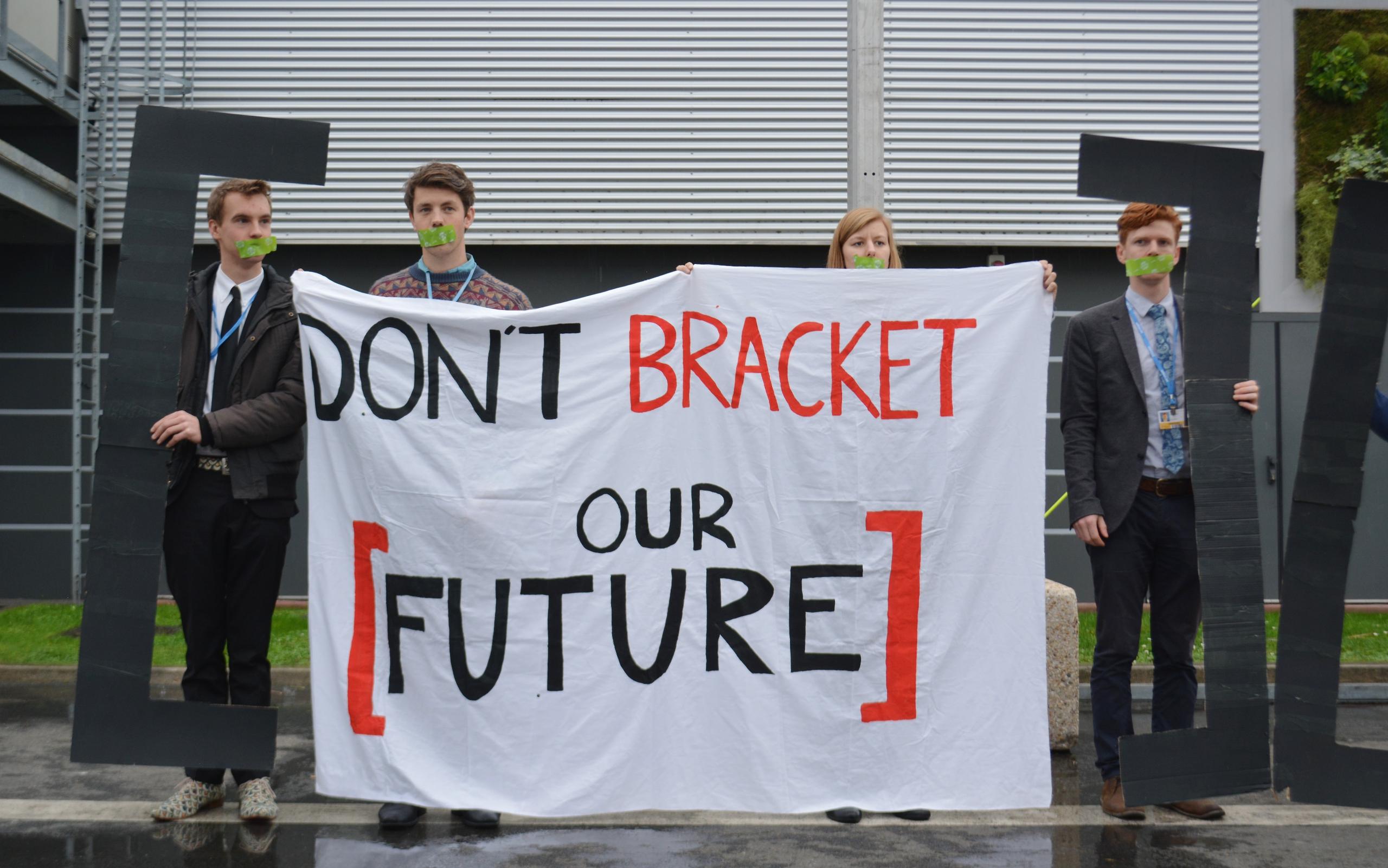Climate change named top threat

Failure to mitigate and adapt to climate change is the biggest risk facing the planet, according to the World Economic Forum’s (WEF) Global Risks Report 2016.
It was the first time that an environmental issue topped the report’s list of risks with the greatest potential impact. Ranking second was weapons of mass destruction, followed by water crises, large-scale involuntary migration and a severe increase in energy prices.
The annual surveyExternal link, published on Thursday, features nearly 750 experts assessing 29 global risks for their impact and likelihood over the next decade. It also describes connections between the various risks, ahead of the World Economic Forum’s annual meeting in Davos set to begin next week.
“Evidence is mounting that inter-connections between risks are becoming stronger, for example climate change and involuntary migration or international security, often with major and unpredictable impacts,” states the report. It named profound social instability and structural unemployment or under-employment as 2016’s most interconnected risks.
In terms of likelihood, large-scale involuntary migration is the number one risk, followed by extreme weather events, failure of climate change mitigation and adaptation, interstate conflict with regional consequences and major natural catastrophes.
“Climate change is exacerbating more risks than ever before in terms of water crises, food shortages, constrained economic growth, weaker societal cohesion and increased security risks,” said Cecilia Reyes, Chief Risk Officer of Zurich Insurance Group, in the report.
“Meanwhile, geopolitical instability is exposing businesses to cancelled projects, revoked licenses, interrupted production, damaged assets and restricted movement of funds across borders. These political conflicts are in turn making the challenge of climate change all the more insurmountable – reducing the potential for political co-operation, as well as diverting resource, innovation and time away from climate change resilience and prevention.”
In a separate survey of business leaders assessing risks for doing business, cyberattacks were a top worry in eight countries, including Switzerland, the USA, Japan, Germany, and Singapore. Europe’s refugee crises and terrorist attacks were also cited for raising global political instability – thus affecting business conditions.
“This is widening the backdrop of uncertainty against which international firms will increasingly be forced to make their strategic decisions. The need for business leaders to consider the implications of these risks on their firm’s footprint, reputation, and supply chain has never been more pressing,” said John Drzik, President of Global Risk and Specialties at insurance broking and risk management firm Marsh.

In compliance with the JTI standards
More: SWI swissinfo.ch certified by the Journalism Trust Initiative











You can find an overview of ongoing debates with our journalists here . Please join us!
If you want to start a conversation about a topic raised in this article or want to report factual errors, email us at english@swissinfo.ch.